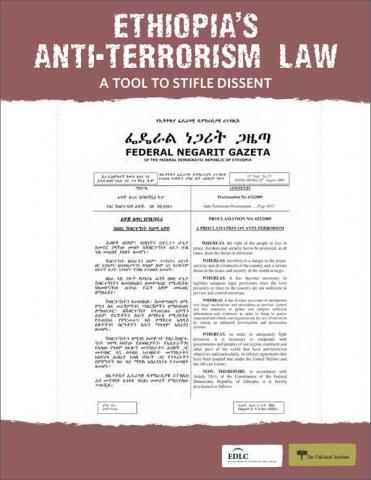Location
The Oakland Institute is a policy think tank whose mission is to increase public participation and promote fair debate on critical social, economic and environmental issues in both national and international forums.
The Oakland Institute’s trademark is to work in coalitions and networks to strengthen social movements, especially as we forge multi-cultural, cross-border and cross-class alliances. As a policy think tank our work is unique (in that we are bringing new approaches to social change including the awareness of economic, social and cultural rights) as we work with grass roots constituency (faith-based, farm workers, immigrant rights groups, Black farmers, among others) and help bridge policy think tanks with activist networks and social movements.
The Institute engages in three main areas of interrelated program work:
- Bringing a social and economic human rights lens to organizing and policy work
- Reframing the debate on security
- Building strategic alliances to strengthen popular struggles nationally and internationally
The Institute addresses this work through education and advocacy activities in national and international forums. Our aim is not just to come up with a list of new policy solutions but to reframe the basic terms on which public debate takes place. Our goal is to stimulate public discussion and debate while creating an informed citizenry that can craft a new vision of action for the future.
Members:
Resources
Displaying 11 - 15 of 37MORAL BANKRUPTCY WORLD BANK REINVENTS TAINTED AID PROGRAM FOR ETHIOPIA
Moral Bankruptcy: World Bank Reinvents Tainted Aid Program for Ethiopia exposes the shameful reinvention of one of the Bank’s most problematic programs in Ethiopia. The report also reveals that the US Treasury violated congressional law when voting in favor of this program.
We Say the Land is Not Yours: Breaking the Silence Against Forced Displacement in Ethiopia
Over the past six years, the Oakland Institute has been at the forefront of exposing the social, economic, and environmental impacts of foreign land grabs in Ethiopia.
ETHIOPIA S ANTI-TERRORISM LAW A TOOL TO STIFLE DISSENT
Ethiopia's Anti-Terrorism Law: A Tool to Stifle Dissent, authored by lawyers from leading international law firms, provides an in-depth and damning analysis of Ethiopia’s Anti-Terrorism Proclamation. The report examines how the law, enacted in 2009, is a tool of repression, designed and used by the Ethiopian Government to silence its critics.
Willful blindness: How World Bank’s coutry rankings impoverish smallholder farmer
While nearly 80 percent of food consumed in sub-Saharan Africa and Asia is produced by smallholder farmers, the Bank negates the importance of small-scale farming for sustainable rural development and food security. Family farmers account for 80 percent of all holdings in the developing world, therefore smallholders’ own investments—not FDIs—are the main force sustaining agriculture and should be encouraged.





